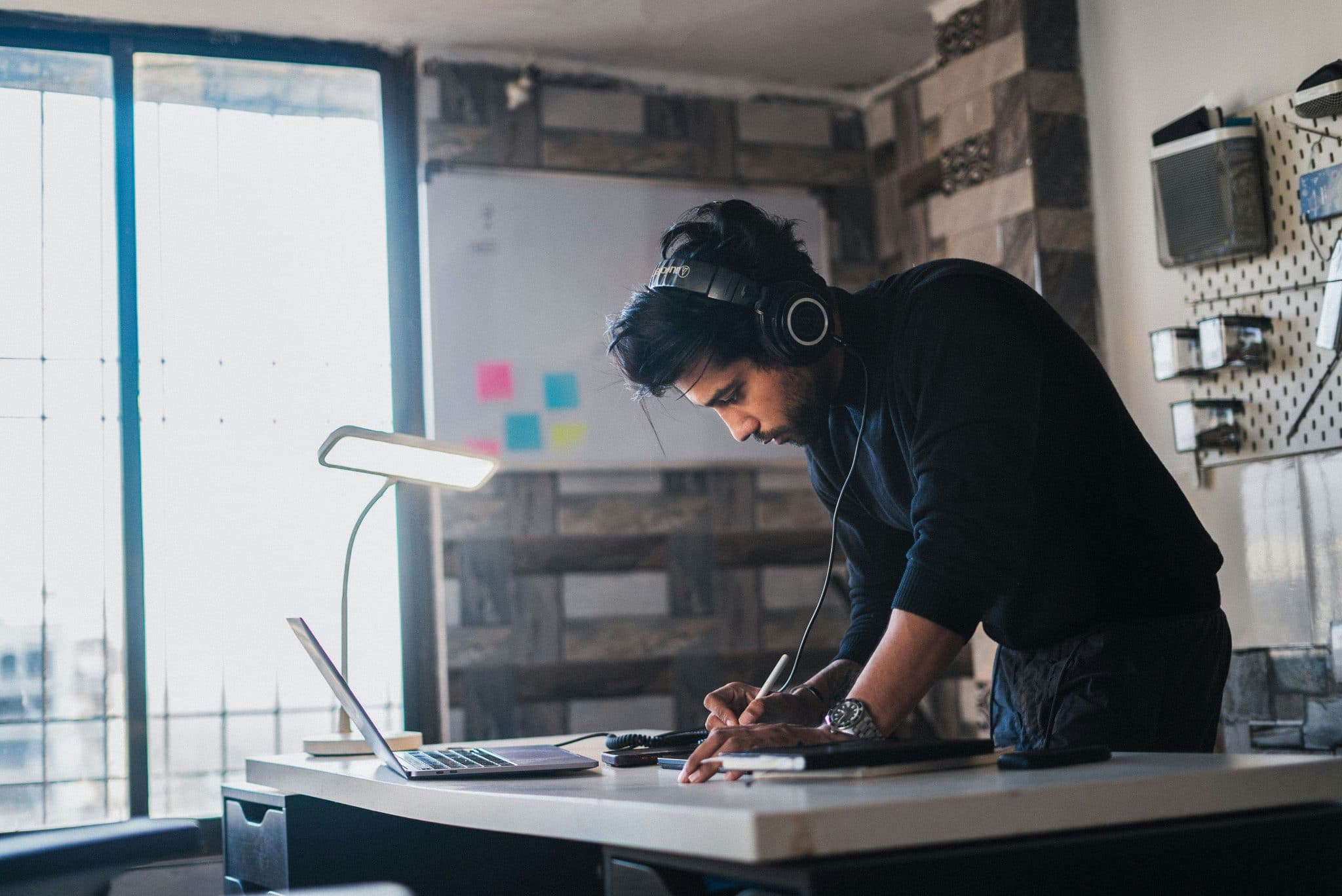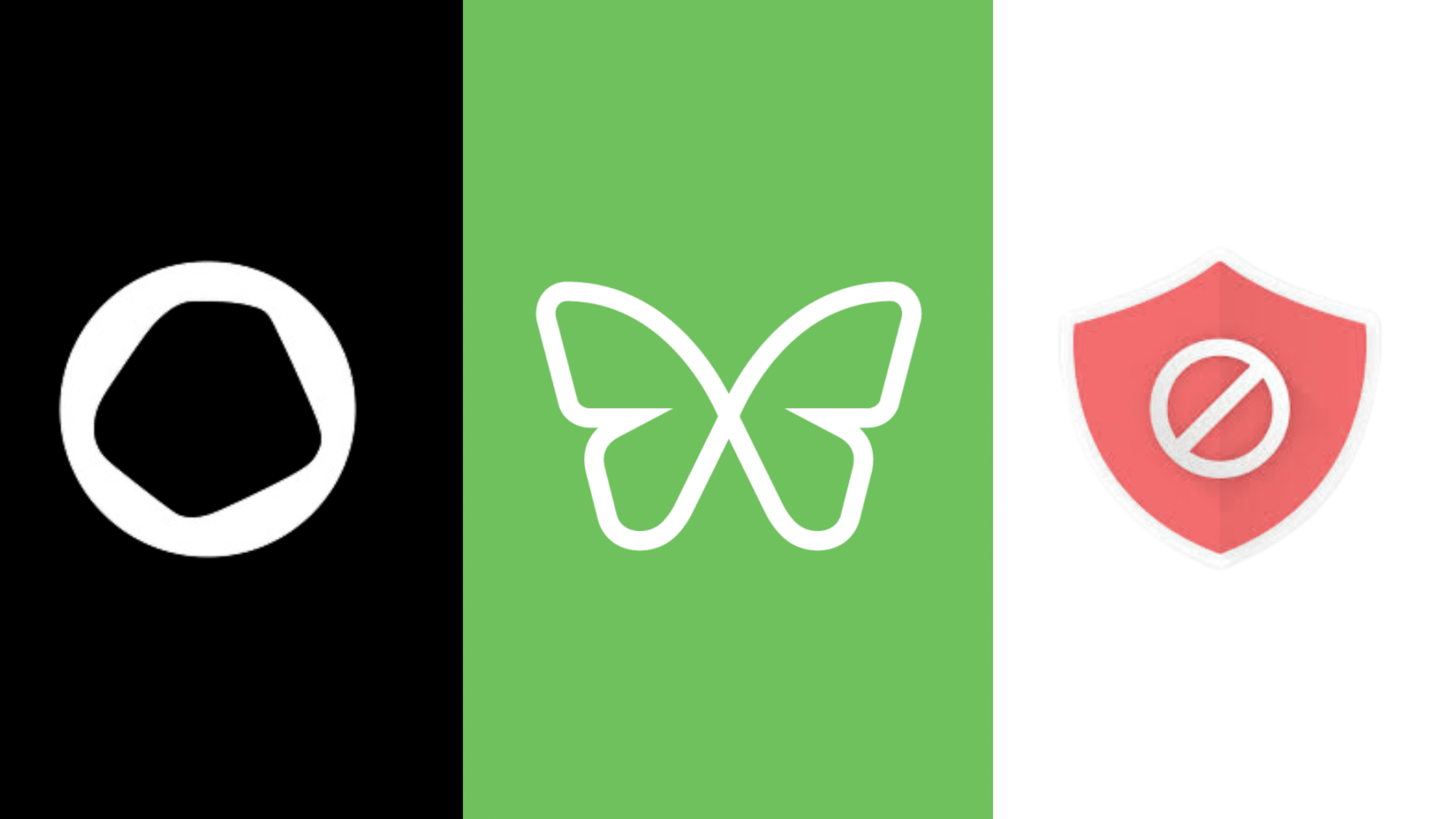Julia Storm: Helping Families Raise Kids in the Digital Age

Here at Freedom, we’re used to hearing about technology’s effects on the productivity and happiness of adults, especially over the last 12 months as life has become increasingly screen-based. For those of us who can remember a time before the internet’s omnipresence, it’s difficult to imagine what it’s been like for the younger generations as life moved online. For digital natives, the switch to remote learning and socializing may seem like a natural progression. But we mustn’t forget that for all their tech-savviness, kids are still kids – and technology is evolving at a rate light years ahead of the human brain.

The Freedom community is packed with curious, creative, and passionate go-getters, like Julia Storm – a Los Angeles-based Digital Media Wellness Educator, writer, speaker, and founder of ReConnect, an organization dedicated to providing parents with the skills and information they need to prepare their kids for life in the Digital Age. After a successful career producing award-winning children’s media content, she developed an interest in the role that screens play in the social and emotional wellbeing of children. Working alongside researchers, psychologists, and journalists in her quest to better understand how digital technology impacts children, schools, and family systems, Julia provides practical advice as an educator, consultant, and speaker to help parents, children, schools and other organizations better understand, navigate, and thrive in the digital world.
We were excited to sit down with Julia and learn more about how families can enjoy a healthier relationship with technology, as well as hear her own personal tips on staying focused and productive in a digital world.
How did you first become interested in Digital Wellness and when did you start working in the area?
For many years in my 20s and 30s I worked in the film and television industry as an editor and producer. Specifically, my work had led me to children’s programming and in 2013, to a job as Head of Production for The Mother Company which produced wonderful children’s content that focused on social/emotional development. My work at this job put me in touch with Common Sense Media, a non-profit focused on media, children and wellbeing. At the same time I had become a new mother and was becoming increasingly aware of the role that these new “smartphones” and tablets were playing in the lives of parents and children. My own curiosity about digital devices, online content and childrens’ well being drove me to seek out psychologists, social scientists and anyone in the field of digital wellness to simply learn more. I became fascinated by the ways in which this technology seemed to be shifting relationships and over time I started to hear more and more parents feeling deeply concerned about the impact that these technologies were having on their children. I personally had always loved psychology as well as teaching and in 2016 I had a lightbulb moment where I realized that there was a way that I could make an impact in this new and burgeoning field of Digital Wellness. I left my job and took some time to talk to parents, read more, study more and ultimately started ReConnect, a company with the mission of helping parents raise healthy, balanced and savvy kids in the digital age.
What does an average day look like for you?
I am fortunate to work from home which gives me some flexibility, though sometimes it can be harder to focus than when I worked at an office! My days are all different, but they often entail preparing powerpoint presentations, creating new workshops, producing web content and online courses, writing articles, doing one on one consultations with families and more recently outlining the idea for a book.
What excites you most about what you do?
I feel so passionate about the work I do because I really feel the information and guidance that I give both parents and kids make a real difference in their lives. I love sharing my ideas or research findings and then seeing that look on a client or audience member’s face when they have their own ‘aha’ moment. It is also exciting to be working in a field that is new and ever-evolving.
What are some of the rules or boundaries regarding technology that you set for yourself and your family?
The rules and boundaries in our house evolve as the kids get older and gain more independence. That said, there are some rules that never change:
- No screens in the bedroom. We try to keep the bedroom as a sanctuary where you can escape the craziness of the online world and just relax.
- No screens at meals. Except for occasional pizza and movie or sports nights of course!
- Phones and tablets are kept in a charging dock when they’re not in use and are shut off an hour before bedtime.
- No screens in the car for local drives – only for long getaways.

What would you recommend as a first step for families who want to improve their relationship with technology?
I think there are two very important things that parents need to tackle before trying to manage their kids’ screen time. The first is their own device use. Kids are watching us all the time and if we don’t have healthy screen use habits then we’re being poor role models. In the end kids are learning more from what we do than what we say. The second is that parents need to realize that our kids didn’t create this situation, they just found themselves in it. It’s not their fault that these devices have such a hold on them and to that end, it’s our job as parents to be their ally rather than their adversary when it comes to device use and the online world.
Once those two things are dealt with I recommend sitting down for a family conversation (hopefully the first of many) about how technology affects the family. Parents can use a Family Media Contract/Plan to help guide the conversation and then together, the family can write up rules and boundaries for everyone to follow.
What are some improvements you have seen in families who have intentionally sculpted their relationships with technology?
I think when a family decides to consciously manage their relationship to technology it does various things. For one it opens up lines of communication between kids and parents and creates a stronger allied relationship. The struggle becomes less parent vs. child and more parent & child vs. technology. Using technology intentionally also allows for more time spent together as a family without technology or using technology together in fun and productive ways. Lastly, technology with no limits or boundaries causes a lot of anxiety and chaos. Having a plan and a set of rules really helps keep things feeling more manageable.
Since you recommend Freedom as a tool for families, we’re interested to know how you first become aware of it? Did you use it personally to focus on your work? If so, how do you incorporate Freedom into your daily routine?
To be honest I can’t remember where I first learned about Freedom. I read so much about this stuff so I imagine I read about it in an article. I always try out new digital tools myself before recommending them and that’s what I did with Freedom. I, like most people, can get very easily distracted by apps and websites while I’m trying to work. I started feeling so frustrated by this because I knew I wasn’t making good use of my time or my attention. When I discovered Freedom and started using it made a huge difference. I was able to carve out manageable blocks of time with no distractions and just plow through my work. I continue to use it when I have deadlines or just a lot of work that needs to get done by blocking 30 min – 90 min at a time and then giving myself the treat of checking whatever other websites or apps I had blocked.
When kids started doing online learning this past year, many of them suddenly became aware of how easy it is to get distracted when working on a computer. I’ve been recommending Freedom to parents and schools the whole year – it’s the perfect solution for helping kids focus for small increments of time!

What are some other apps and tools that you recommend to families who want to enjoy a more mindful relationship with technology?
Aside from Freedom I also recommend:
- DFTube, which turns YouTube into a much less distracting environment and reduces the “rabbit hole” effect by eliminating recommended videos and turning off autoplay.
- Headspace or Calm for taking breaks and focusing inward through guided meditations
- Apple Screentime and Google Family Link are great parental control apps that come with the OS of devices and allow parents to create healthy limits and appropriate boundaries on content.
- I also recommend that parents and kids do an inventory of their phones, clear away any useless apps, and organize their phones with folders. Keeping only the essential apps on the home screen and putting the most tempting and time-wasting ones on a page further back!
- Can I plug my own product? If so, I recommend ReConnect Academy, which offers simple, fun, and affordable online classes for parents and tweens to learn how to manage screen time and the online world!
2020 was our most online year ever. What are some of the effects (positive and negative) you’ve witnessed in families and young people due to increased screen time?
I think we’re all pretty tapped out when it comes to time online. It gets exhausting after a while having to do everything via a screen. I’ve noticed many kids simply do not have the mental stamina to focus on Zoom for hours on end. They are craving in person interaction more than ever. I tend to think this is a positive outcome – kids are more aware of how important real life connection is for their happiness.
That said, the online world has been the only way for most kids to stay connected to their peers whether it’s through gaming or social media or text. On the one hand we are so lucky to have this technology to bring us together virtually, but on the other hand, more kids are spending hours and hours plugged in which can lead to multiple issues. For many kids the hours of unsupervised time on devices can lead them to dangerous or inappropriate interactions online, dependency on the “high” of stimulating digital content, and a general dissatisfaction with life offline which, let’s be honest, hasn’t been that fun in 2020.
How do you find a balance between being connected and overwhelmed?
It’s hard. Not just for kids, but for all of us. As we now know apps are designed to keep us coming back for more even against our best intentions. It’s this feeling of not being in control of our relationship to apps and tech that often creates a feeling of overwhelm. For me the trick is to implement boundaries and restrictions for myself.
- I never sleep with my phone in my bedroom because i know it is disruptive and I don’t want it to be the first thing I turn to in the morning.
- I prioritize my interactions with family by putting my phone out of sight when I am with them.
- I set time limits on apps that tend to feel most addictive for me
- I take the “time waster” apps off my phone and allow myself to check in on them through my computer instead.
- When I’m feeling truly overwhelmed I just turn the phone off and put the computer away for as many hours as I can afford to!
What do you consider the most important activities outside of your work routine that help you stay productive and do great work?
For me, sleep is number one. I am a big believer in the power of good sleep to balance and regulate our bodies and minds. Next would be some kind of connection with a friend, neighbor – anyone I can have a real face to face conversation with outside of my own family. I’m not a particularly outgoing person, but I do look for little moments of connection because they feel very nourishing. Lastly, outdoor activity every day – whether it’s a walk, exercise or just hanging out in the sunshine – being outdoors and in nature as much as I can really helps me to feel centered.
What projects are you currently working on that you are most excited about?
I have two projects that I’m most excited about right now. The first is already underway and that is my online class offerings. These past 9 months I focused much of my time and energy on building out a website to host online classes for parents and tweens. So much of my work had been face to face before the pandemic and I knew that people still wanted to be able to learn from my workshops while stuck at home so I started moving my work online. I have a great fundamentals class for parents called First Steps for Strong Beginnings as well as an amazing class for tween who have just received their first phone – it’s called Smart Phone 101 and it’s all taught by teens – very cool.
My next project is a book for tweens based on Smartphone 101 – it’s in the works!
Hear Julia Storm on the Freedom Matters Podcast:

To keep up with Julia and her work with ReConnect, you can follow her on Instagram, Facebook, and LinkedIn.


